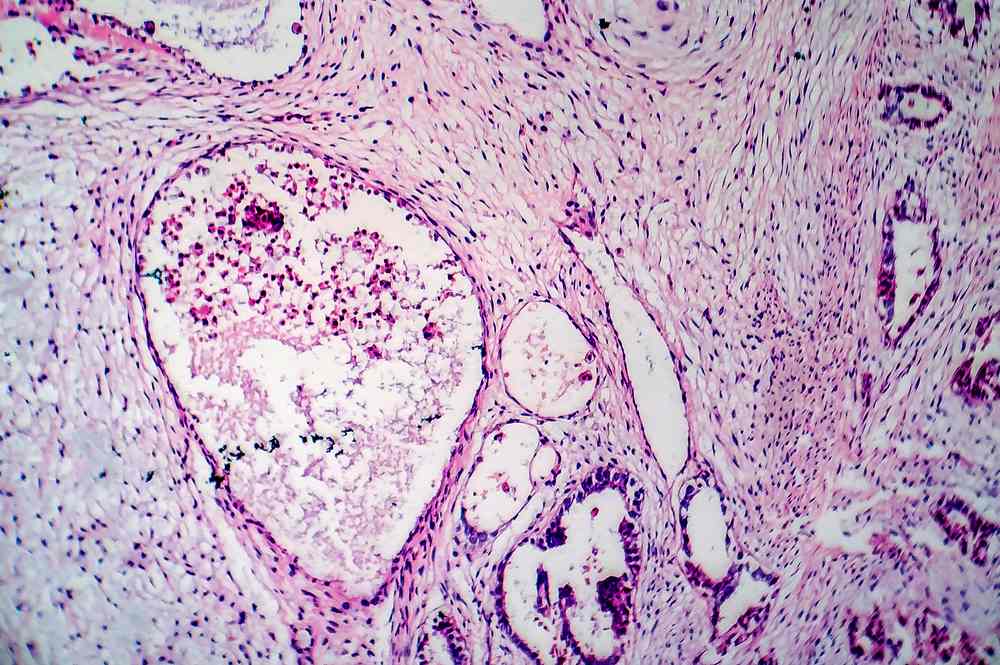Congenital Conditions

Certain congenital conditions are a result of mutation at the genetic level. These conditions can cause brain tumors, in addition to other disorders.
- Teratomas:
More frequent than astrocytoma, babies have this type of brain tumor by birth. It may be benign in the earlier years of life but need to be removed to prevent its progression into malignancy. This type of tumor arises from the cells during the process of fetal growth and may involve cells that can differentiate into different specialized cells, and hence this cellular diversity, that can also occur in the brain, can lead to the development of cancer.
- Li-Fraumeni syndrome:
It is a syndrome that can give rise to a cluster of different cancers, from bone and soft tissues to the skin, brain and blood. As discussed above, this syndrome is the result of an inherited mutation in the TP53 gene. It is the most common mutation of the tumor suppressor genes. Its mutation results in the release of cellular divisions from all control and regulating mechanism and results in rapid proliferation.
- Neurofibromatosis:
Apart from suffering from physical neuropsychological deficits, the patients with this genetic disorder can also develop tumors in the central nervous system. A study in children reports 15% of children with neurofibromatosis developed brain tumors, primarily optic gliomas, at some point of life.
- Turcot syndrome:
This syndrome that causes formation of polyps in the intestine, is also associated with giving rise to brain tumors. Two most common types of brain tumors are medulloblastomas and glioblastomas. Underlying pathology of medulloblastoma is a mutation in the APC gene, and that of glioblastoma is mutation in MMR gene.
Von Hippel-Lindau disease and tuberous sclerosis are other diseases with inherited defects in genes, which can give rise to brain tumors.
